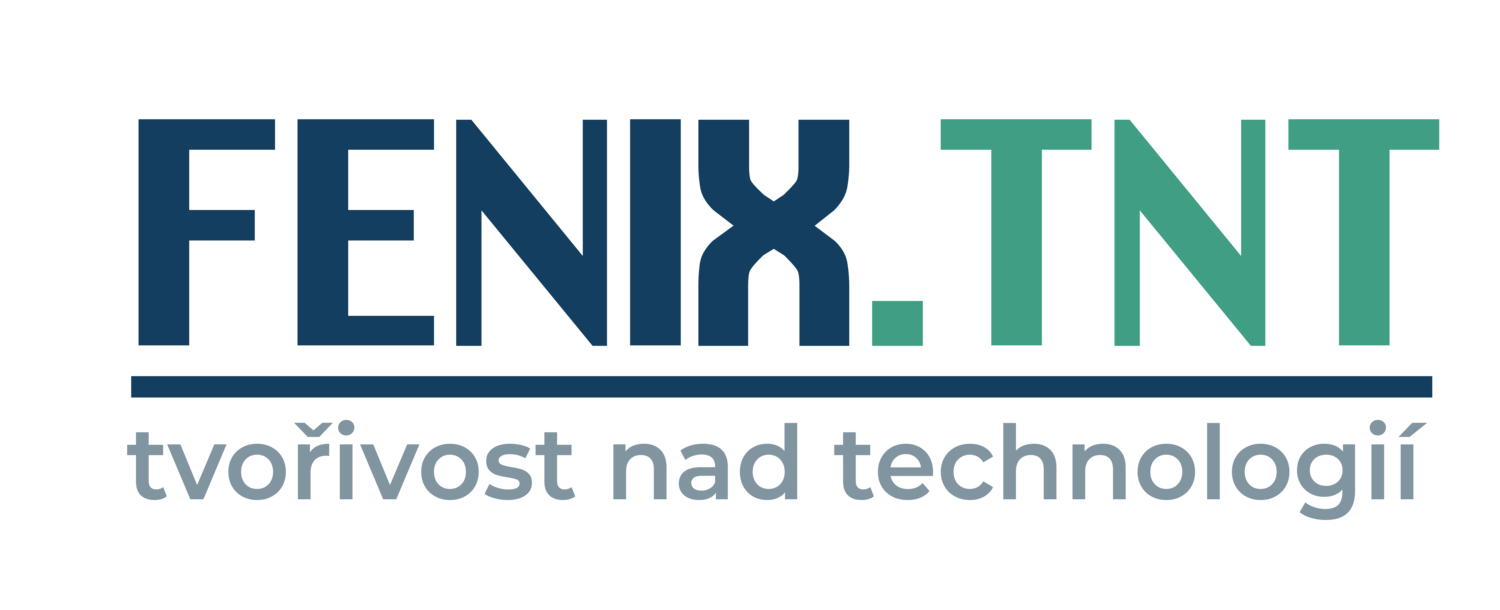OPEN ACCESS
Promoting Free and Universal Access to Knowledge
The primary objective of the open access movement is to provide free and permanent access to scientific information. It is based on the belief that knowledge generated through public funding should be readily available to the public.
Historical Background:
The Open Access (OA) movement traces its roots back to the “BBB initiatives”, which commenced in 2002 with the Budapest Open Access Initiative. This marked the first mention of the concept of open access. Subsequently, in 2003, the Bethesda Statement on Open Access Publishing was published. In the same year, the Berlin Declaration on Open Access to Knowledge in the Sciences and Humanities was established.
Understanding Open Access:
Open Access represents a novel model of scholarly communication that offers an alternative to the traditional publishing paradigm characterized by restricted access and paid subscriptions. Its aim is to remove barriers and enable unrestricted access to information for anyone interested. Open Access encompasses various forms of digital content, including texts, data, software, audio, video, and multimedia
The Open Access condition can be met in two basic ways:
Green Open Access: Also known as self-archiving, this practice involves depositing an author's manuscript in a repository, making it freely accessible to the public. The specific version that can be archived depends on the policies set by the funder or publisher. In most cases, the copyright for these articles remains with the publisher or affiliated society, leading to certain restrictions on reuse. Journals or publishers may have individual self-archiving policies that specify the permitted article versions and any embargo periods before open accessibility.
Gold Open Access: Gold OA ensures that the final version of an article is freely and immediately accessible to everyone after publication. Authors retain the copyright, and many permission barriers are removed. Gold OA articles can be published in fully open access journals (where all content is openly accessible) or hybrid journals (subscription-based journals that offer
an open access option for authors).
Under Horizon 2020 and Horizon Europe-supported projects, open access to peer-reviewed scientific publications related to project results is mandatory. Beneficiaries are required to ensure that these published results can be accessed online, downloaded, and printed.
You can access and download various open access, peer-reviewed scientific publications related to our projects on the official websites. Look for them in the resources or documents section.
In conclusion, the open access movement strives to provide free and unrestricted access to scientific knowledge. By embracing open access principles, we can promote the dissemination of research outcomes and contribute to the advancement of knowledge for the benefit of all.

